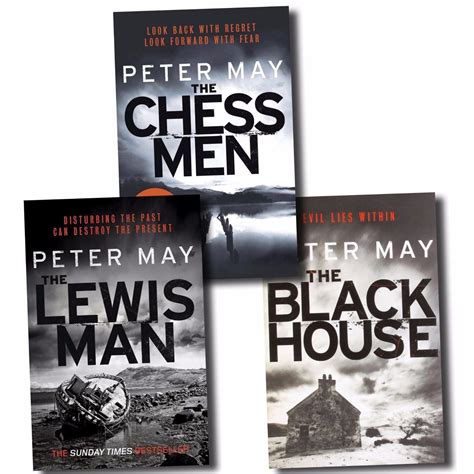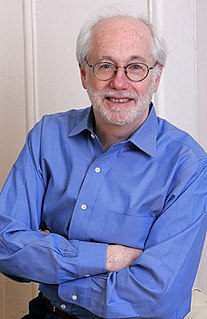A Quote by Peter Lewis Allen
Even more than this, however, the sick - like lepers - were often reviled because people believed that they had brought their torments upon themselves.
Related Quotes
Jack believed in something—he believed in white witches and sleighs pulled by wolves, and in the world the trees obscured. He believed that there were better things in the woods. He believed in palaces of ice and hearts to match. Hazel had, too. Hazel had believed in woodsmen and magic shoes and swanskins and the easy magic of a compass. She had believed that because someone needing saving they were savable. She had believed in these things, but not anymore. And this is why she had to rescue Jack, even though he might not hear what she had to tell him.
The heroes and discoverers have found true more than was previously believed, only when they were expecting and dreaming of something more than their contemporaries dreamed of, or even themselves discovered, that is, when they were in a frame of mind fitted to behold the truth. Referred to the world's standard, they are always insane. Even savages have indirectly surmised as much.
I had bedbugs in 2005. I felt like a leper. Worse than a leper. At least lepers had a colony they could go and live in with other people who empathized. I instead had friends stand up from tables and walk out of restaurants when I told them I had bedbugs, because they were afraid I'd transfer the bugs to them.
But what had lasting significance were not the miracles themselves but Jesus' love. Jesus raised his friend Lazarus from the dead, and a few years later, Lazarus died again. Jesus healed the sick, but eventually caught some other disease. He fed the ten thousands, and the next day they were hungry again. But we remember his love. It wasn't that Jesus healed a leper but that he touched a leper, because no one touched lepers.
Muhammad brought the promise that anyone could find fulfillment and everlasting life through allegiance to the one true God. The Buddah held out hope that the suffering could be transcended. Jesus brought the message that even the last shall be first, that even the tax collectors and lepers - the outcasts - had cause for hope. And so that is the question I leave you with in this final: What is your cause for hope.
An organization belongs on a sick list when promotion becomes more important to its people than accomplishment of their job they are in. It is sick when it is more concerned with avoiding mistakes than with taking risks, with counteracting the weaknesses of its members than with building on their strength. But it is sick also when "good human relations" become more important than performance and achievement.
More often than not when we do not like our work, it's not necessarily because of the work itself. But more often because of the people we work with and more importantly because of the lack of leadership. It is amazing how inspired and motivated we can be when we like the people and when we feel like we show up to work because our leaders care about our wellbeing. It is kind of incredible actually.
I was in Mongolia, pretty extreme situations. We were sick with dysentery, we were sick with bronchitis. I had been bitten by a dog for the first time in my life and my whole hand was black, and there was no way to even think of getting a rabies shot without driving for five days, and then you wouldn't have wanted that needle in your skin anyway. And I had my period. Everything was wrong at one time. Like, I couldn't have been more uncomfortable. And I stayed up - it was too cold to sleep.
I began to understand that there were certain talkers - certain girls - whom people liked to listen to, not because of what they, the girls, had to say, but because of the delight they took in saying it. A delight in themselves, a shine on their faces, a conviction that whatever they were telling about was remarkable and that they themselves could not help but give pleasure. There might be other people - people like me - who didn't concede this, but that was their loss. And people like me would never be the audience these girls were after, anyway.
When asked if I consider myself Buddhist, the answer is, Not really. But it's more my religion than any other because I was brought up with it in an intellectual and spiritual environment. I don't practice or preach it, however. But Buddhism has had a major effect on who I am and how I think about the world. What I have learned is that I like all religions, but only parts of them.
For instance, on the planet Earth, man had always assumed that he was more intelligent than dolphins because he had achieved so much—the wheel, New York, wars and so on—whilst all the dolphins had ever done was muck about in the water having a good time. But conversely, the dolphins had always believed that they were far more intelligent than man—for precisely the same reasons.

































